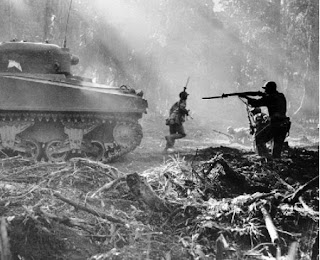“ . . . like a wild, frantic bird rending it’s own plumage in desperation . . . “(Brontë 257)
Many times when birds become flustered they flap their wings in desperation to take flight to safety. However more often than not they wind up with a broken wing or flap themselves into exhaustion and die. Brontë compares Jane to a frantic bird because Jane is acting out immensely because of Mr. Rochester’s actions. She believes him to be getting married to Miss. Ingram and she decides to leave. By Brontë saying she will render her own plumage she means that if Jane continues to act the way she currently is than she will end up losing Rochester and everything she’s worked for.






























